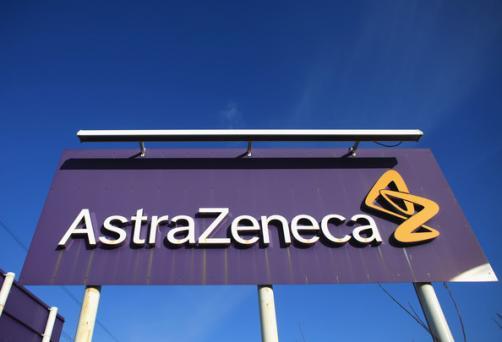AZ licenses rare disease drug to Mereo BioPharma

AstraZeneca has licensed a rare disease drug to UK-based biotech Mereo BioPharma, as its sell-off of unwanted drugs continues.
While it concentrates on core areas including cancer, cardiology, diabetes and neurology, AZ is divesting drugs from its pipeline that it feels could be better developed externally.
The strategy is generating extra short-term revenue for the company as it attempts to rebuild its pipeline following patent expiry of several key drugs.
Mereo has acquitted the licence and option to acquire AZD9668 for the rare disease alpha-1 antitrypsin deficiency (AATD) for an upfront payment of $5 million, in a combination of $3m in cash with the rest made up of shares.
The biotech will also make deferred payments in cash and share if it achieves certain milestones, based on completion and success of the proof of concept study in AATD and if it begins a pivotal study in the indication.
There will be further payments upon filing and approval, plus other payments if commercial goals are achieved, plus sales-related payments and royalties.
The share portion of the deal will be funded by issuing new shares on the London Stock Exchange’s AIM market, while the cash element for the option purchase and a phase 2 study will be funded from Mereo’s reserves.
In a broker note, Cantor Fitzgerald said that with around 100,000 patients with AATD in the US and 120,000 in Europe, the drug could generate revenues of around $250 million.
Analysts Brian White and Andrew Keith said they expected Mereo to exercise its option to acquire AZD9668 should the planned phase 2 study involving around 150 patients with certain mutations over 12 weeks prove to be successful.
They added that AZD9668 could have an advantage over standard of care as it comes in a convenient oral form, giving an advantage over existing AAT replacement therapy.
At the moment treatment for the disease is based around AAT extracted from donated blood plasma, only reimbursed in the US and some EU countries.
AATD can cause severe debilitating conditions such as chronic liver disease but, most notably, pulmonary emphysema, which is a life-threatening disease.
Pulmonary emphysema results in irreversible destruction of the tissues supporting the function of the lungs and causing severe shortness of breath and wheeze. Patients typically present between the ages of 20 and 50 and have both a significantly reduced quality of life and a reduced life expectancy.
But Mereo hopes to improve on this with AZD9668, which works by suppressing neutrophil elastase.













